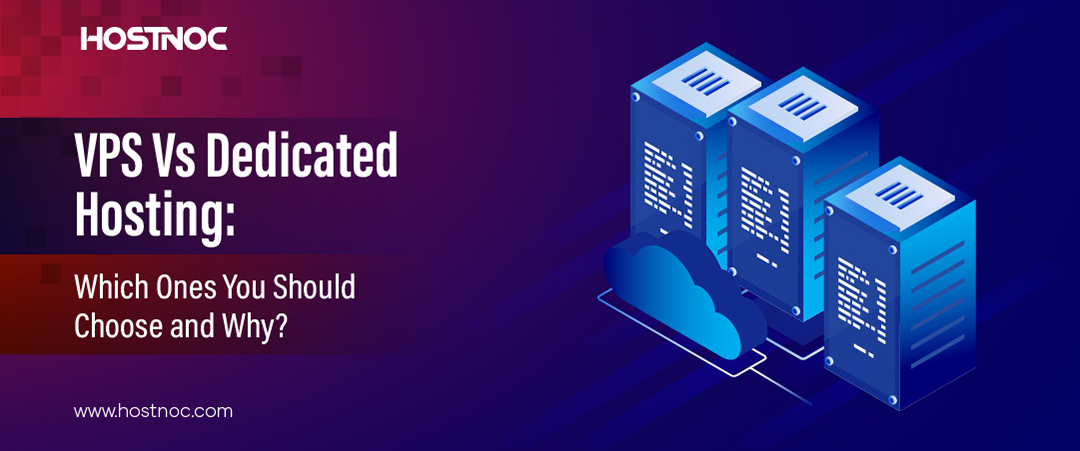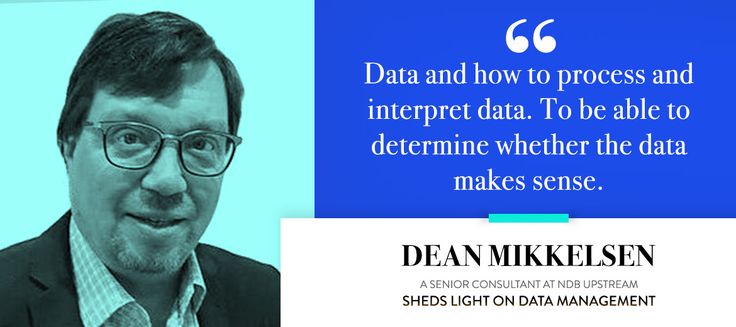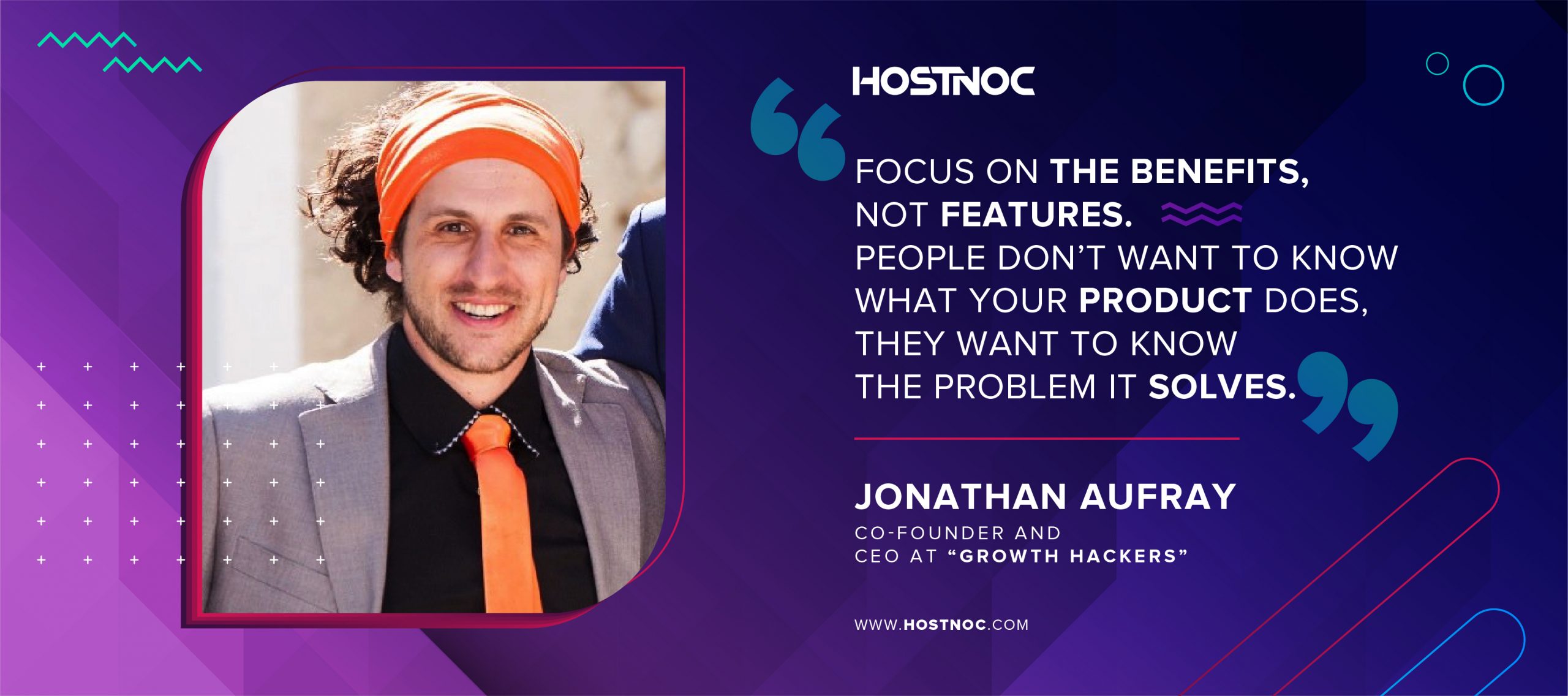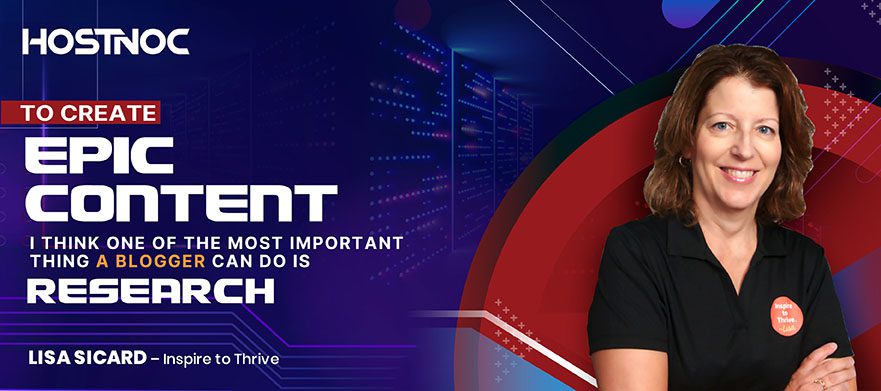Blogs

7 Effective Ways to Protect Your Business from Ransomware Attacks
March 12, 2019
VPS Vs Dedicated Hosting: Which Ones You Should Choose and Why?
March 22, 2019Dean Mikkelsen – a Senior Consultant at NDB Upstream – sheds light on Data Management
Dean Mikkelsen is the Senior Consultant – Data Management & IM of NDB Upstream, an Energy and Oil company. He has over 18 years of experience working in Information & Data Management as it applies to Data Warehousing in governments, National Oil Companies, and major Exploration & Production companies.
Moreover, Dean has worked in different regions of the world, including USA, UK, South Africa, France, Middle East and many other places.
He has been working in the data management field for so long. He is a proud consultant. We’re so excited to have Dean on board with us at Hostnoc, so let’s start learning about him.
Question No. 1: Sir! being a Senior Consultant at NDB Upstream, what do you think are the three things which set it apart from other companies?
Answer: NDB Upstream covers a spectrum of services – they are: 1) strategic and advisory – similar to a management consulting firm in this manner. 2) Hands-on technical services related to geoscience and exploration and 3) being able to provide support to clients onsite or remotely. Most of the staff has over 15 years of experience in the oil and gas industry.
Question No. 2: You have 18 years of experience in Information & Data Management; what will you suggest to the people who are in your field, or studying at university?
Answer: Data and how to process and interpret data. To be able to determine whether the data makes sense. This would include learning to adapt and picking up new software tools, such as Python and R. To always continue to learn and ask questions.
Question No. 3: You have worked all around the world, learned many things from different cultures. What is that thing which you think makes you more comfortable when it comes to working internationally?
Answer: When working internationally, being open, willing to listen and to learn makes all the difference. Be humble but be knowledgeable in your strengths and what you bring to the table when in a business environment. On a personal level, realize that you can make some good friends when you “break bread” and learn more about their culture. Food can go a long way towards creating friendships.
Question No. 4: Everyone sees ups and downs in their life; tell us about the most successful project of your life and why it was a huge success?
Answer: We had a turnaround project, initially a firefight, as the project was behind schedule. We had to gain the confidence of directors, managers, and departments. We did a turnaround, using actual client data (a small sample set), and produced a web mapping application tied into a document management system with a RDMS with a standardized data model used in the upstream portion of the energy industry. We also had to establish rules for data governance and the data – everything from the workflow to naming conventions. The goal of the project was to provide the client with a better overall view of their data and projects across the many countries they had worked in. We were successful, not only due to the technology, but because we had a team that was willing to learn, willing to listen to the client, and willing to do the work to the best of their abilities. In the end, the client won, with a good product and a better understanding of their data.
Question No. 5: Such extensive experience in a field needs dedication, but the term Coordinate Systems & Geodesy is rarely heard, so please tell us about your expertise in Coordinate Systems & Geodesy.
Answer: My background is in Surveying Engineering, but in 1995, they changed the name to Geomatics and nowadays that is the term that is most commonly used. I was involved in the creation of the EPSG (European Petroleum Survey Group) and the Americas Petroleum Survey Group. These two groups, with a lot of work done by Roger Lott (now retired) of BP, tried and were successful in establishing standards for co-ordinate transformations worldwide with regards to GIS and mapping. This led to the eventual adoption of commercial packages, such as ESRI ArcGIS, etc.. A lot of my work has been on education. Educating people in the energy industry and elsewhere, that (X,Y,Z or latitude, longitude, and height) are not just coordinates, that they require a reference. A more common example is GPS which is defined by a mathematical ellipsoid called WGS84. Prior to WGS84, the earth had various other ellipsoid models, but this is the most common. Just from the prior sentence, you can see that there can be multiple ellipsoids, hence multiple coordinates, which distills down to the fact (X, Y, Z or latitude, longitude, and height) is not the same on each ellipsoid (as they have different length axes). As the technology has become more improved and more satellites present (in the GPS constellation) we have a better understanding of the Earth’s shape and size, hence the ellipsoid we use can change. Therefore, the key to the education side, is what ellipsoid (or datum as it is called in the geomatics world) is being used and how do we transform between them and maintain the accuracy of the location or position.
Question No. 6: Hypothetically speaking, if you’re being made president of a company, what are the 3 things that you would do?
Answer: Having run a small consultancy and a bakery, the three things that I would do are:
- Define values and a code of ethics or conduct – want people to be the best, to represent themselves and the company with a strong set of values – professionally and personally.
- Encourage people to be innovative and to embrace changes and challenges. Not be afraid of asking “what if?”. Innovation can also be encouraged by life-long learning, therefore, letting employees further their skills by learning and to be able to support it.
- Have fun. We spend so much of our time at work that you start enjoying the work you do. So, listen to employees, are they in the right role, what are their ambitions? Can they have fun? Yes, but put them in a role they want to do and will enjoy. Also, look outside of job descriptions, sometimes the best computer science people are people who learned to program by trial and error and solve real problems because they were presented with it. The catch is they had a degree in English or Economics, not programming; but they can think. So, I would want to encourage this. This leads to a fun work environment.
Question No. 7: Tools are the core of every management professional, what data management tool do you think helped you in your 18 year long career?
Answer: Being able to adapt and learn. Python has been one of the most powerful tools in my toolbox. It ties into so much in Data Management, Data Science and even Data Governance. It allows you to investigate your data, even your unstructured data, and then you can visualize, once you have cleaned, processed and made it work (again with Python). There are so many ways this language can be used, and it is tying into GIS and even products like Tibco Spotfire.
Question No. 8: Everyone seeks inspiration from someone, so who inspired you back in the day to be who you are today? What do you hope to accomplish within the next year?
Answer: My parents, they always believed in me and have always been there; through the good and bad times. This year, to develop more in the areas of Data Science and Data Visualisation; to become better at Cybersecurity and to be known as a resource in understanding the economics, geopolitics, and security issues in the Middle East and North Africa.
Question No. 9: Website hosting plays a great role in gaining online sales. Hostnoc is a server solution providing company. How do you see the scope of such companies in the industry.
Answer: As we move more and more to the cloud, there is a need for companies like Hostnoc. Companies are slowly finding out that subscription and not having on-site support may be a better business model. Microsoft has been migrating to Office365 from the original PC based products, so they are embracing the cloud model. This will continue to happen more. This brings into consideration the area of security and hosting. As long as the infrastructure is secure, a business like Hostnoc will continue to thrive.
Featured Post
INTERVIEW BLOG WITH JONATHAN AUFRAY | CEO “GROWTH HACKERS”
Hi Everyone, and Welcome to the another interview session of NOCvoiz. In today’s interview We have CEO – GROWTH HACKERS, Jonathan Aufray who help startups, small […]
Interview with Nikola Roza, An Affiliate Marketing Genius
Welcome back to another episode of NOCvoiz. In today’s interview, we are featuring “Nikola Roza”. He is known for his freelance content writing, SEO and Affiliate […]
Interview with Lisa Sicard | Inspire to Thrive
Hello everyone, and welcome to another episode of NOCvoiz. In today’s interview, we are featuring a Digital Marketer, Blogger, Influencer and an Entrepreneur. The founder of […]












